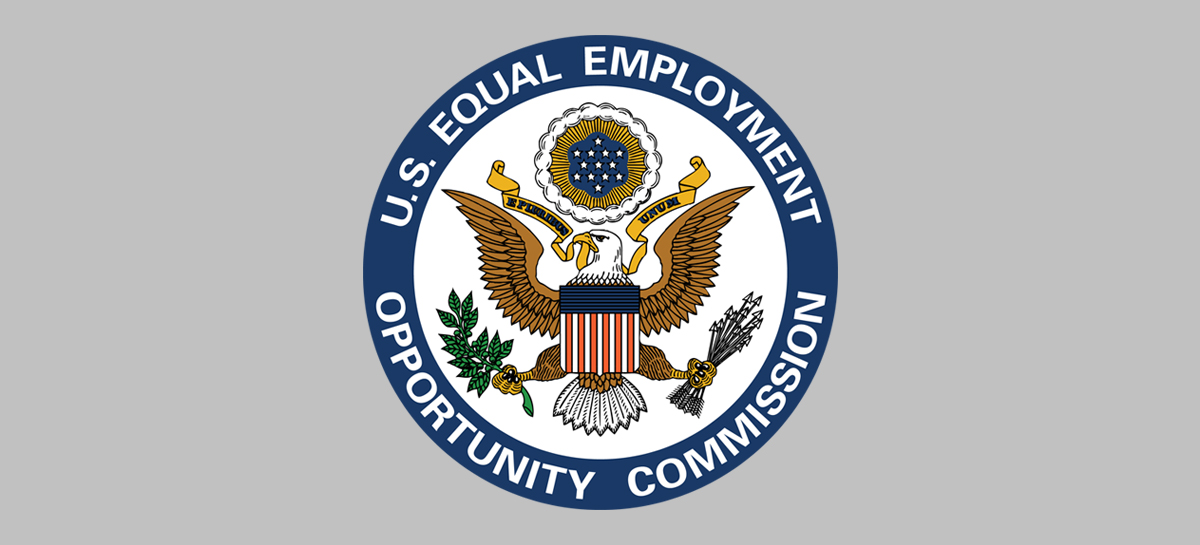
On Dec. 14, 2021, the Equal Employment Opportunity Commission (EEOC) issued 14 new answers to frequently asked questions (FAQs) about what employers may or may not do to comply with federal fair employment laws during the COVID-19 pandemic. The new FAQs specifically address the definition of “disability” and how to determine whether an individual with COVID-19 meets it under the Americans with Disabilities Act (ADA).
ADA and COVID-19 Background – Under the ADA, employers with 15 or more employees may face liability if they take certain adverse employment actions against individuals who have been diagnosed with or are believed to have COVID-19. The ADA also requires these employers to provide reasonable accommodations for individuals with disabilities, including any related to COVID-19. Smaller employers may be subject to similar rules under applicable state or local law.
Three-Part Definition – The EEOC’s new FAQs clarify that COVID-19 may qualify an individual for ADA protection based on “actual” disability, a “record of” disability or being “regarded as” having a disability. Employers must perform an individualized assessment to determine whether a specific employee’s COVID-19 meets any of these definitions.
Disability Types – COVID-19 is an actual disability if it is a physical or mental impairment that “substantially limits one or more major life activities.” The FAQs provide examples of situations in which an individual with COVID-19 would (and would not) meet this definition.
The FAQs also explain and provide examples illustrating how certain adverse employment actions may violate the ADA even if an individual only had COVID-19 in the past (“record of” disability) or is mistakenly believed to have COVID-19 (“regarded as” having a disability).
Contact us for support with your equal employment opportunity initiatives.